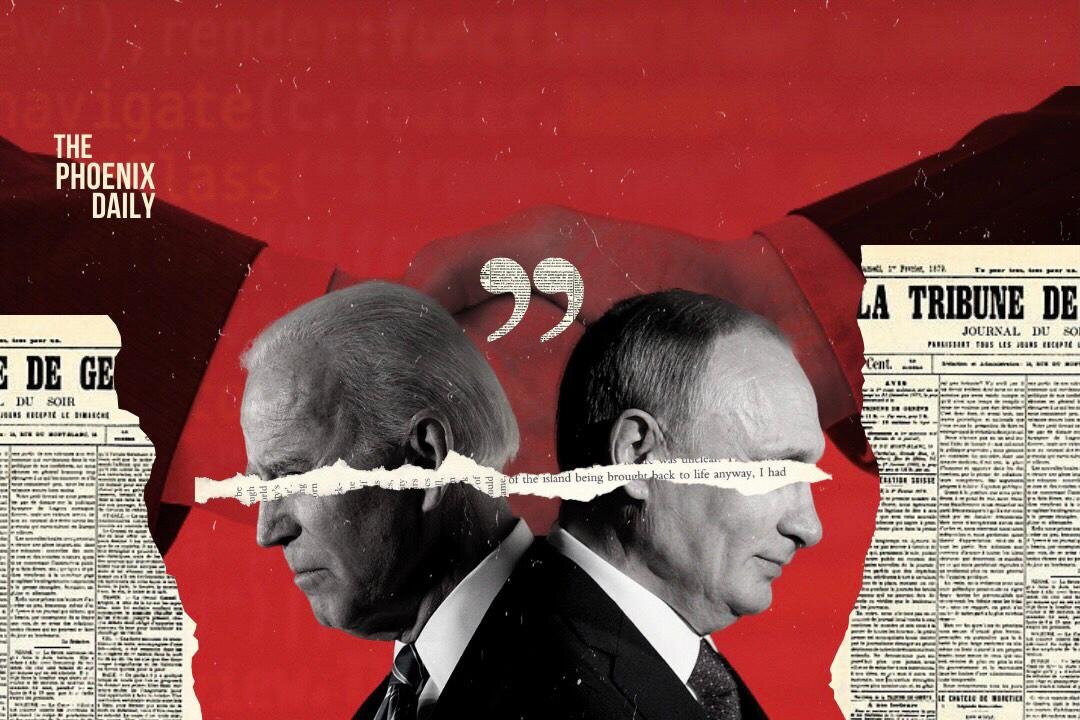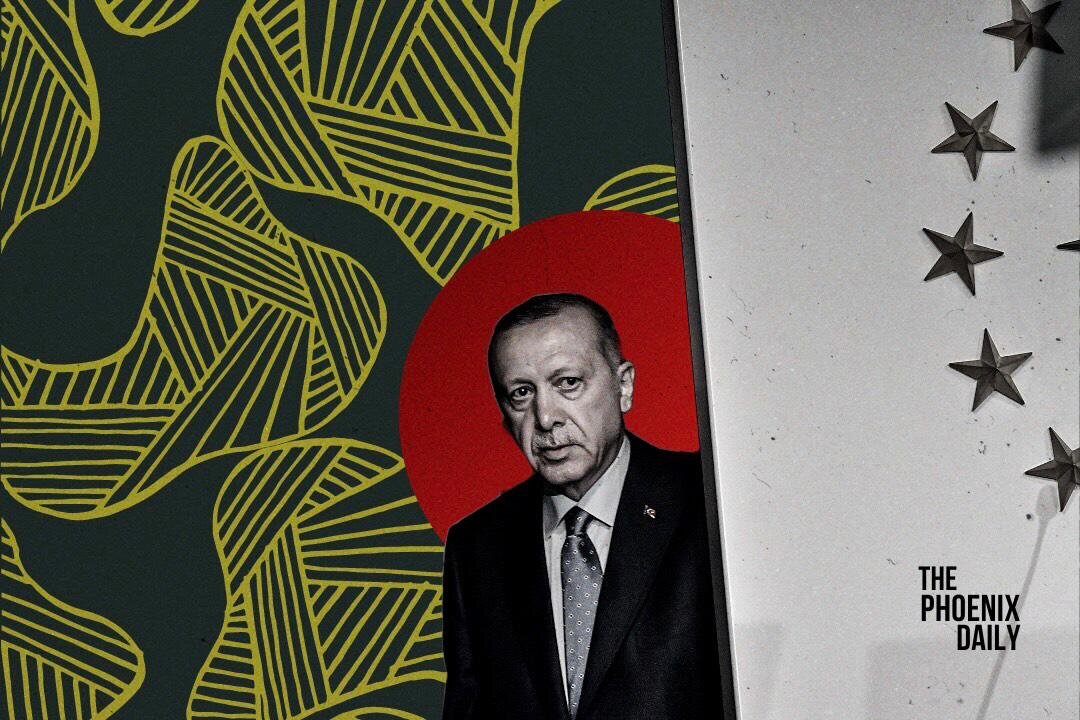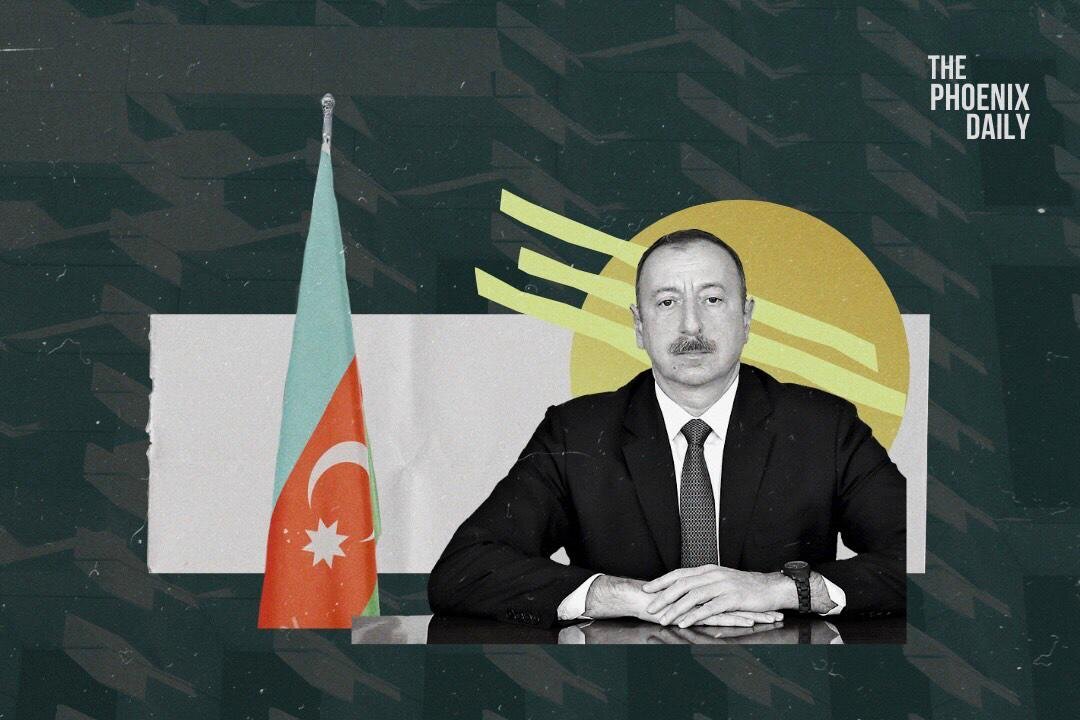
International News, Analyses & Opinions

The Oppression of the Flag - How states use nationalism as a means to control and silence
Opinion analysis by Nour AlMortada, Featured Writer
The concept of nationalism is usually traced back to the French revolution, but the truth is, it was not born then: it had always existed as a means of keeping insurgencies at bay. Think about an American citizen siding with communism during the Cold War. Now, compare that with nationalism in the MENA region. Shedding nationalism is not an abandonment of the state, but rather an abandonment of the illogical ties to a man-made government, which would then allow genuine change, since the state and the land are no longer convoluted. And so, the expectations we have for our systems are no longer obscured by our blind loyalties which manifest in our submission and complacency.

The Dangers of the “Middle East” - How the term “Middle East” contributes to a dangerous mindset
Opinion analysis by Nour AlMortada, Featured Writer
The term “Middle East” itself has no scientific nor intellectual basis: not in history, nor in geography, and certainly not in ethnicity, race, or language. And so, where did it originally stem from? Well, the answer is colonialism. The countries enshrined within the context of this term are some of the richest in the world and their history is proof of this. However, neo-colonialism, which emulates itself through humanitarian interventions or wars of interest, “the war on terror” being a prime example, continues to setback the region. The continuous use of this term contributes to the neo-colonial narrative, leading to issues such as the crumbling of centuries-old civilizations.

The Miami Surfside Condo Collapse — An unnatural disaster with dire repercussions
News analysis by Maria Wehbe, Featured Writer
On June 24th, 2021, the 12-story Champlain Towers South apartment block in the town of Surfside in Miami, Florida collapsed in a matter of seconds while its residents were sound asleep. To be more precise, the building managed to collapse in just 12 seconds. The building contained 136 apartments of which 55 collapsed, leaving piles of debris. As of July 8th, 54 bodies have been found and there are more than 80 people that are still missing. Indeed, some people compared the scene to the 9/11 attacks on the Twin Towers.

The Deadly Mix of Cults and Democracy: How Modern Leaders Undermine Democracy for their own Benefit
Opinion Analysis by Johnny Achkar, Staff Writer
Humans have a tendency for hero worship. Sports figures and movie stars are idolized mostly in culture. However, hero-worship takes a sinister turn when people begin to revere corrupt politicians. This trend has the potential to lead to the emergence of a personality cult, a hazardous tendency that is not limited to authoritarian nations but is increasingly affecting democracies.

An Overview of the US-Russian Summit: Discussing foreign policy, cybercrime, and violations of human rights
News Analysis by Sara Nasser, Featured Writer
The world’s future is in the hands of its major powers. Both the Administration and Kremlin agreed on a Summit that would join both President Biden and President Putin in Geneva. The “tense” relationship between both figures is considered to be a highlight in today’s political world. With that being said, the spotlight was on these two prominent figures, almost forgetting that the United States and Russia had to meet in order to discuss major issues. With that being said, the meeting was fruitful as highlighted by both presidents, and cooperation on key foreign affairs and stability between the two great powers were the focus of this particular Summit.

The New Rush for Africa: Superpowers are vying for influence in Africa once more
Opinion analysis by Johnny Achkar, Staff Writer
When 19th-century European colonizers split up the continent and took Africans' land, the first big rise of foreign interest in Africa was known as the "scramble." The second was during the Cold War, when the East and West competed for newly independent African governments' loyalty. The third surge, which is currently underway, is gentler.

Erdogan’s dream of dethroning Atatürk - An overview of all of the headlines and conflicts that Turkey has engaged in over the past few years
Opinion Analysis by Anthony Ahrend, Featured Writer
After the fall of the Byzantium and the Ottoman empire, Erdogan wants Turkey to return to its past glory, even if that means fighting proxy-wars and destabilizing entire regions. Today, the Turkish president is the most prominent autocrat that is still gaining support from Western powers.

Aliyev’s Eurasian Adventurism - The Strongman Risks Igniting a Wider Regional Conflict
Opinion Policy Analysis by Johnny Achkar, Featured Writer
The 56-year-old autocrat, who has ruled over the oil-rich nation of Azerbaijan since 2003, is risking regional stability by attempting to expand his country's influence at the expense of its neighbors. Mr. Aliyev's powerful ally Turkey, which has backed him politically and via arms sales, allows him to take greater chances.

5 Decades Overdue - Protests in Colombia turn deadly, outrage hints at deeper inequalities
Opinion Analysis by Alissar Azzam, Contributor
Tens of thousands march last month across Colombia to demonstrate against a controversial tax proposal set forth by right-wing President Ivan Duque. Faced with a brutal police crackdown, mounting death tolls, and deep-rooted corruption and inequalities – exacerbated by Coronavirus – Colombians join a regional wave of antigovernmental uprisings, picking up where they left off in 2020.

Uber Safety - has it arrived at our destination?
Op-Ed by Rewa Snih, Visiting Contributor
“Did you get there yet?” “Where are you now?” “Why is it taking you so long to get here?”

A complicated relationship: Moscow and Berlin’s affair with Nord Stream 2
Opinion Policy Analysis by Johnny Achkar, Featured Writer
The controversial natural gas pipeline Nord Stream 2 has been delayed for more than a year, and its completion is increasingly in jeopardy after the United States enacted sanctions on the companies involved and threatened further action. For years, the pipeline under the Baltic Sea has been the topic of intense discussion. Additional Russian gas will be able to flow directly to Germany because of the venture.

For Better Football or Better Income? - The Hows, Whats, and Whys of The European Super League
Opinion Analysis by Annabelle Ghanem, Contributor
On the 18th of April 2021, twelve of the biggest names in European football announced the creation of an entirely new sporting competition, one that would allow 20 European fan favorite teams to compete in a competition like no other, The European Super League. From Real Madrid, to Chelsea, to Juventus, some of the biggest names in European football history have announced their participation in the newly formed league, as founding members of the competition. The news broke the internet as fans were enraged with the idea of a “capitalistic competition”, said to be created as a source of revenue instead of good football. Let’s dive deeper into what the European Super League is, how will it affect the current dynamic of European football competitions, and most importantly, why it is taking place to begin with.

Palestine Elections in Light of the Normalization Deals: What is the Palestinian Authority up to?
Opinion policy analysis by Sasha Matar contributor
“Palestine is full of capable young leaders who can replace the bunch of corrupt rulers”, argues a 32 years old Palestinian activists who has been deprived from exercising his democratic right to vote since the last elections held in 2007. Who is Hamas and who is Fatah, what happened in 2007 between those rivals and will the 2021 elections happen? and what are the challenges?

Group Compliance and Conformity - The Terrorist Recruitment Process
Opinion Analysis by Tala Otaibi, Contributor
Why is it relatively quite so easy to bring in people to operate within hostile terrorist organizations given their frightening and inhumane nature? Terrorism is one of the most frightening phenomena to exist in our modern world today. With globalization at a constant rise and the world growing more interconnected, terrorism has grown with it as a result. It has become much easier to cross borders and instill fear in people all over the globe. Even more so, it has become much easier to recruit people from all over the globe, too. To try to answer this question, this article tackles the recruitment process through a social psychological analysis.

